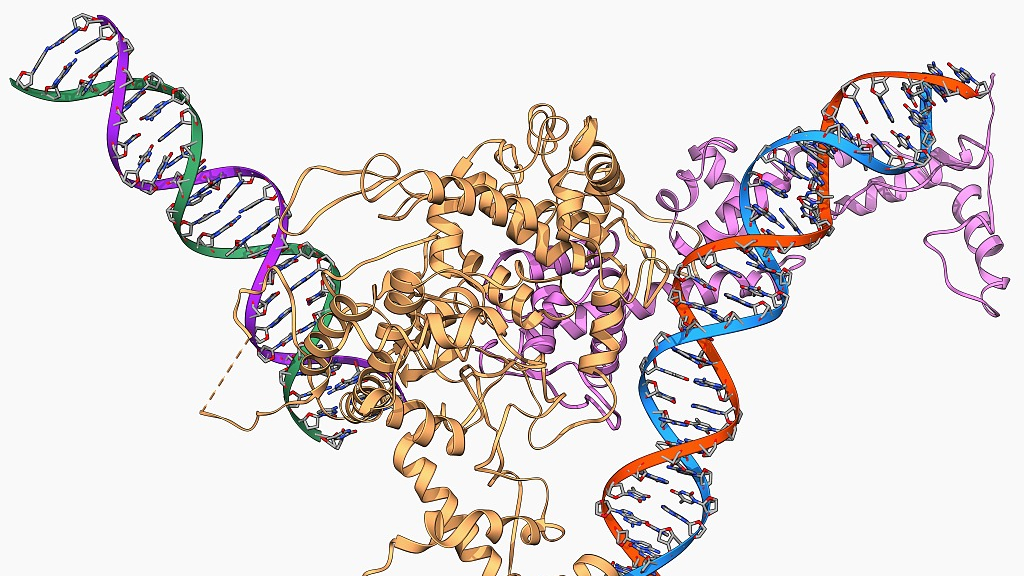
A Northwestern University (NU) study has discovered that the packing of the three-dimensional genome structure, called chromatin, controls how cells respond to stress.
The researchers combined nanoscale imaging technologies with molecular dynamics modeling to analyze nanoscale alterations in chromatin packing structure. Using data from The Cancer Genome Atlas, they analyzed cells from patients with colorectal, breast and lung cancers for markers of transcriptional plasticity.
The researchers also used Partial Wave Spectroscopic (PWS) microscopy to examine chromatin in living cells in real time.
They discovered an inverse relationship between patient survival and the plasticity of tumor cells. When the chromatin packing is heterogenous and disordered, a cell demonstrates more plasticity; when the packing is neat and orderly, a cell cannot respond as easily to outside stressors.
This means cancer cells with disordered packing are more likely to adapt to and evade treatments, such as chemotherapy.
With this information, the researchers can develop new cancer therapies that target chromatin packing. By inhibiting cancer cells' ability to adapt, those cells become more vulnerable to traditional treatments.
Made of DNA, RNA and proteins, chromatin determines which genes get suppressed or expressed. In the case of cancer, chromatin can regulate expression of the genes that enable cells to become resistant to treatment.
The study was published on Wednesday in the journal Science Advances.
Source(s): Xinhua News Agency